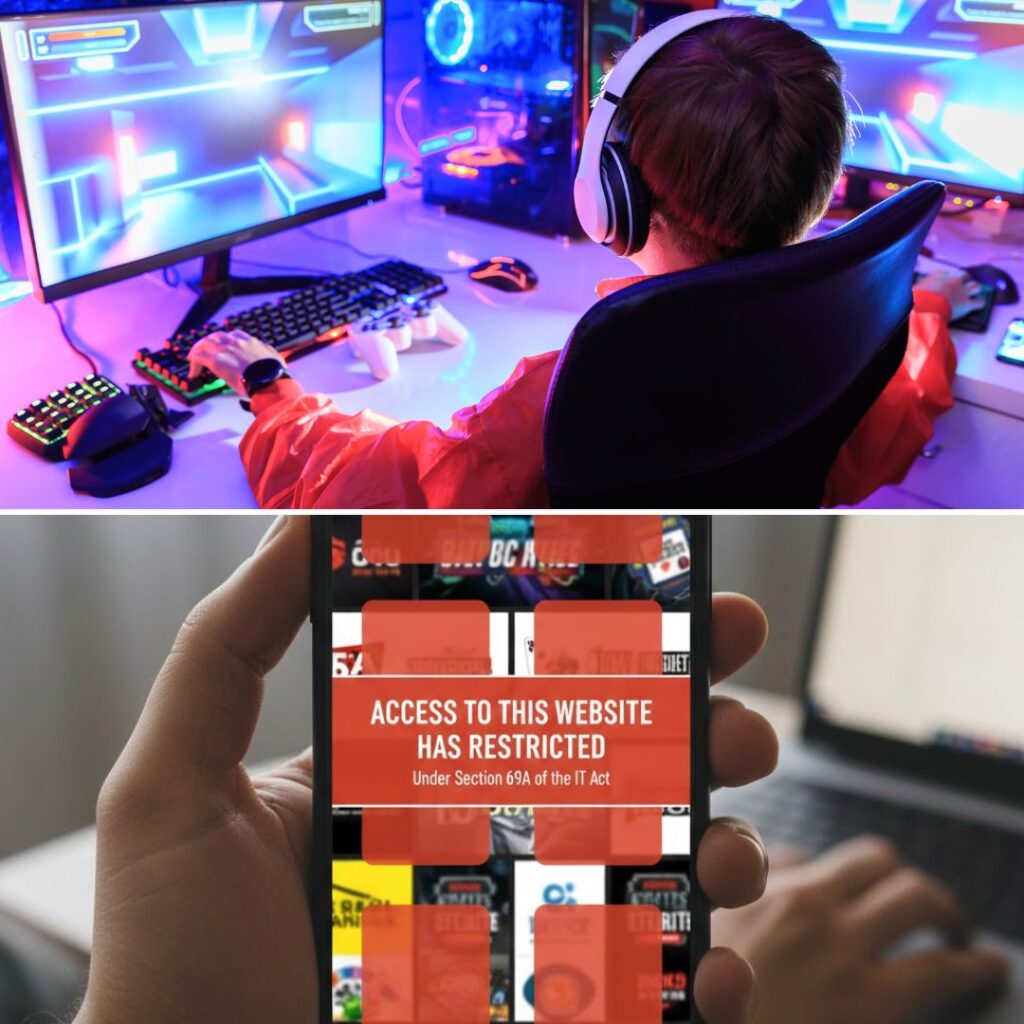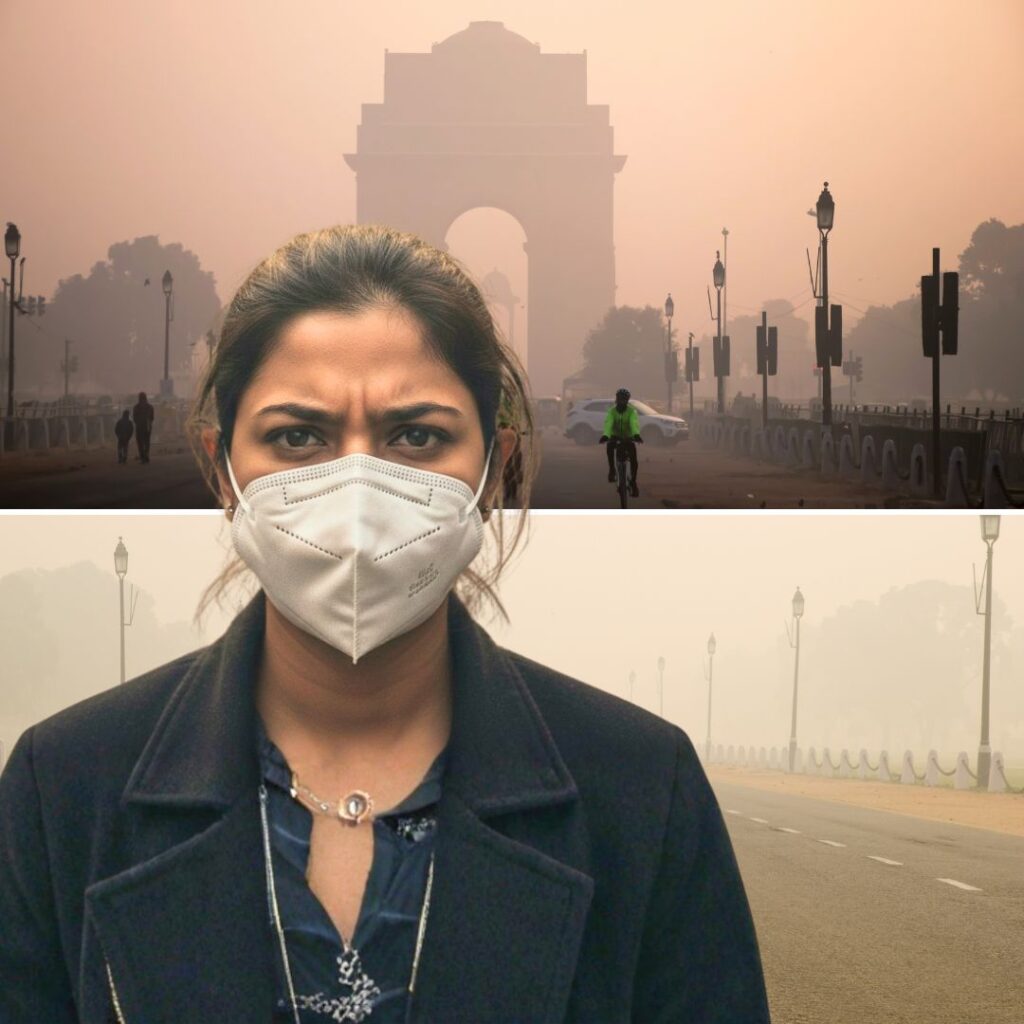Barely 12 days after her marriage in 2006, Pragya Prasun Singh was travelling from Varanasi to Delhi in a train when a man whose marriage proposal she had rejected, threw acid on her while she was asleep, in the wee hours of the morning.
She was admitted to Safdarjung Hospital for almost four months.
‘Initially, I was in ICU for 17 days, and the doctors were not sure whether they will be able to save me or not,’ Pragya tells The Logical Indian.
After her condition stabilised, she was shifted to the burns ward, where she stayed for three months. After getting discharged from the hospital, she went to a Chennai Hospital for her eye surgery.
Talking about her biggest support systems in life, the 36-year-old says, ‘From day one, my mother has always been my inspiration. When I was in the ICU, the doctors were not sure whether they will be able to save me or not. But, my mother was quite sure.’
‘She would always come to the ICU and tell me – ‘everything will be alright. You are a brave girl, you need to come out of all this. And I am sure that you will do it’ – those words had always stuck to me. My mother always had that faith that everything will be alright. I believe, with that positive attitude only all the good things happened in my,’ she adds.
Her husband too stood beside her every step of the way.
‘He never made me feel like this terrible thing has happened to me and that I don’t deserve a good life. There were times when I wanted to push him away, there were times when I felt like why I was spoiling his life. But he was very mature to handle all these situations. He always used to tell ‘it could have happened to me. In that situation, what would you have done?”
Today, nearly fourteen years after the brutal incident, Pragya is a source of inspiration and strength to many acid attacks and burn survivors. Through her NGO – Atijeevan Foundation – Pragya has helped rehabilitate over 250 acid attack and burn victims.
Last year, she was awarded the Nari Shakti Puraskar – the highest civilian award given to women in India. Talking about the work her NGO does, Pragya says, ‘Our core work is to provide free of cost surgery and rehabilitation to acid attack and burn survivors across the country. We also provide free of cost hair transplant camps for the patients.’
The NGO also works on empowering the survivors by providing them with education and skills training and help them get back to work.
‘For those who are unable to do a 9 to 5 job, we provide them with certain skills training so that they can earn a livelihood from their home. For this, we have provided sewing machines to some of them and opened small kiosks and vegetable shops outside their home, among other things,’ she says.
Setting Up Atijeevan
‘From the time I was in the hospital, I always used to encourage the patients around me. Those three and a half months were continuously spent in a hospital, without seeing the outside world. Every day, I would see patients coming in and screaming in pain throughout the day, and a lot of them going away, shrouded in clothes – I was very young to face all of this. That impacted me a lot,’ recalls Pragya.
‘I was in a lot of depression, I was in a lot of pain. At the same time, I also felt that I should help or guide the patients. At least I am fortunate that my family is supportive, I am informed about the treatment, and at least I am that fortunate that I am alive, I am young, I can go through all this,’ she adds.
As almost 95 per cent of the patients belonged to the underprivileged background, little did they know about what was going on, whom to contact, and how to about their treatment. ‘This was something I couldn’t bear to see,’ says Pragya.
Pragya started motivating and counselling the patients from the time she was in the hospital. She also struck up a friendship with many of the acid attack survivors there. The doctors who were treating her were also happy about her recovery and the way she was motivating others.
‘Motivating and guiding them always kept me motivated. I always did the right things for myself because I knew these people were watching me. If they saw me sad or depressed, they will be demotivated,’ she says.
It was with the continued support and motivation from her doctors and well-wishers to help more acid attack and burn survivors that Atijeevan Foundation came into being in 2013. Today, the NGO has over 120 volunteers across the country.
When asked about her future plans, she says, ‘I want to make all the patients independent and be able to support themselves and their family. Placing them in the industry has always been a big challenge for us. So we are now planning to start something wherein we are able to give employment to the maximum number of survivors at one go.’
The Unchecked Sale Of Acid In IndiaIndia tops the list of acid attacks across the world. According to the latest data released by National Crime Records Bureau, there have been 1,483 victims of acid attacks in the country between 2014 and 201…










